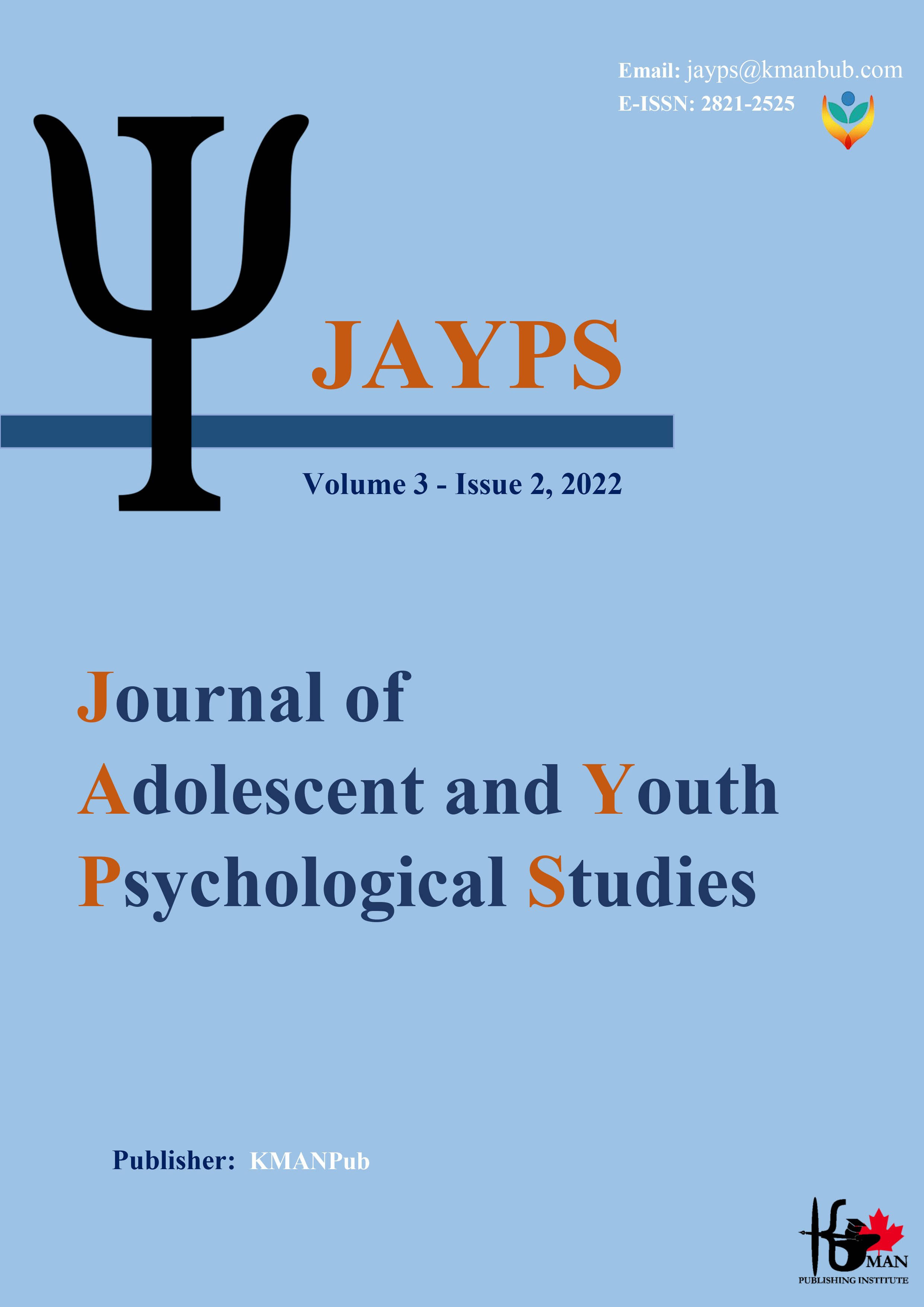The Effectiveness of Acceptance and Commitment Therapy on Cognitive Flexibility and Academic Buoyancy in Adolescents with Attention Deficit Problems
Keywords:
attention deficit problems, cognitive flexibility, academic buoyancy, acceptance and commitment therapy, adolescentAbstract
Background and Aim: Academic underachievement in adolescents can often be traced to attention deficit disorder, according to research attention problems are linked to poor school performance, the aim of this study was to determine the effectiveness of acceptance and commitment therapy on cognitive flexibility and academic buoyancy in adolescents with attention deficit problems. Methods: This study was a quasi-experimental study with a pretest-posttest design with a control group. The statistical population of the study was all female high school students in the second district of education in Tabriz in 2021-2022 to 2864 people. The statistical sample consisted of 40 students who were selected by purposive sampling method and randomly assigned to experimental and control groups. The Aachenbach Adolescent Behavioral Problems Scale (YSR), Cognitive Flexibility (CFI) and Academic buoyancy Questionnaire (AVS) were used to collect data. In this study, the experimental group underwent acceptance and commitment (ACT) for 9 sessions of 90 minutes and the control group was on the waiting list. Data analysis was performed using multivariate analysis of covariance. Results: Findings showed that the acceptance and commitment therapy has led to a significant difference between groups in the variables of cognitive flexibility by 47.9% and academic buoyancy by 23%. Therefore, it can be argued Conclusion: that the acceptance and commitment therapy is effective on improving cognitive flexibility and academic buoyancy in students with attention deficit problems.
Downloads
Downloads
Published
Submitted
Revised
Accepted
Issue
Section
License

This work is licensed under a Creative Commons Attribution-NonCommercial 4.0 International License.









